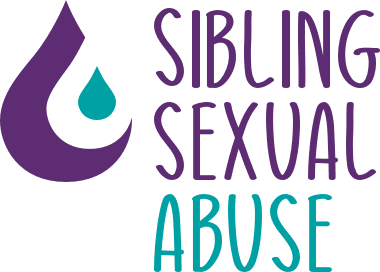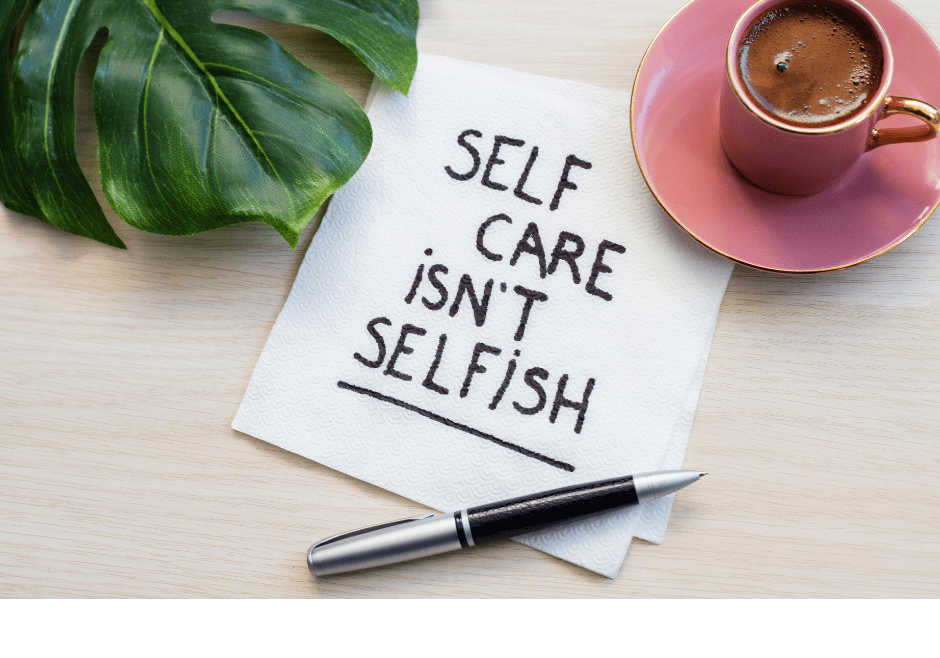Reporting Considerations
Choosing whether or not to report is an immensely personal decision. Some people feel that going to court or following legal proceedings is what they need to heal and find justice. There are also many reasons why someone may decide it is not right for them. Whatever you decide, is the right thing for you.
It is advisable to consult with legal professionals or relevant authorities for specific guidance and information.
It is also important to note that laws and legal procedures may vary slightly across different regions within the UK (England, Scotland, Wales, and Northern Ireland), and it’s advisable to consult with legal professionals or relevant authorities for specific guidance and information. Additionally, the legal landscape and awareness surrounding sibling sexual abuse continue to evolve, with ongoing efforts to strengthen protections and support for survivors.
In the United Kingdom, the legal framework for addressing historic cases of sibling sexual abuse largely depends on the specific circumstances of each case, including the time period in which the abuse occurred and the current legal provisions. Here are some key points to consider:
- Statute of Limitations: In England and Wales, there is no statute of limitations for prosecuting serious criminal offenses, including sexual offenses such as rape and sexual assault. This means that historic cases of sibling sexual abuse can still be investigated and prosecuted, regardless of when the abuse took place. However,
- Evidence: The availability of evidence may present challenges in older cases.
- Corroboration: In cases where there is limited or no corroborating evidence, the testimony of the victim may be crucial in establishing the occurrence of sibling sexual abuse. Courts may consider factors such as consistency, credibility, and corroboration from other sources when evaluating the reliability of the victim’s account.
- Victim Support: Survivors of historic sibling sexual abuse are entitled to access support services, including counselling, therapy, and advocacy, to address the emotional and psychological impact of the abuse. Support organizations and helplines are available to provide information, advice, and assistance to survivors seeking help and guidance.
- Public Awareness: Increased public awareness of the prevalence and impact of sibling sexual abuse has led to greater recognition and understanding of survivors’ experiences. This awareness has contributed to changes in attitudes, policies, and practices aimed at preventing and addressing sibling sexual abuse more effectively.
- Civil Remedies: Survivors of historic sibling sexual abuse may pursue civil remedies, such as compensation or injunctions, through the civil court system. Civil lawsuits can be brought against perpetrators of abuse, as well as any individuals or organizations that may have been negligent in preventing or responding to the abuse.
It’s important for survivors of historic sibling sexual abuse to know that they are not alone and that support and resources are available to help them seek justice, healing, and closure.





